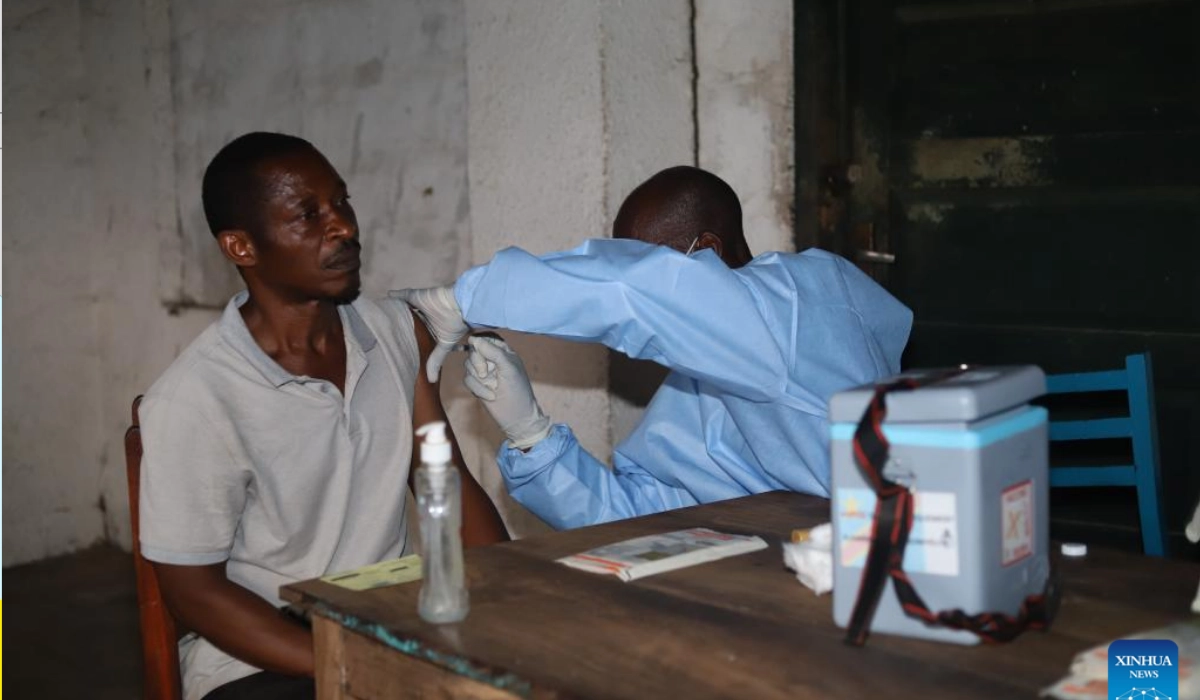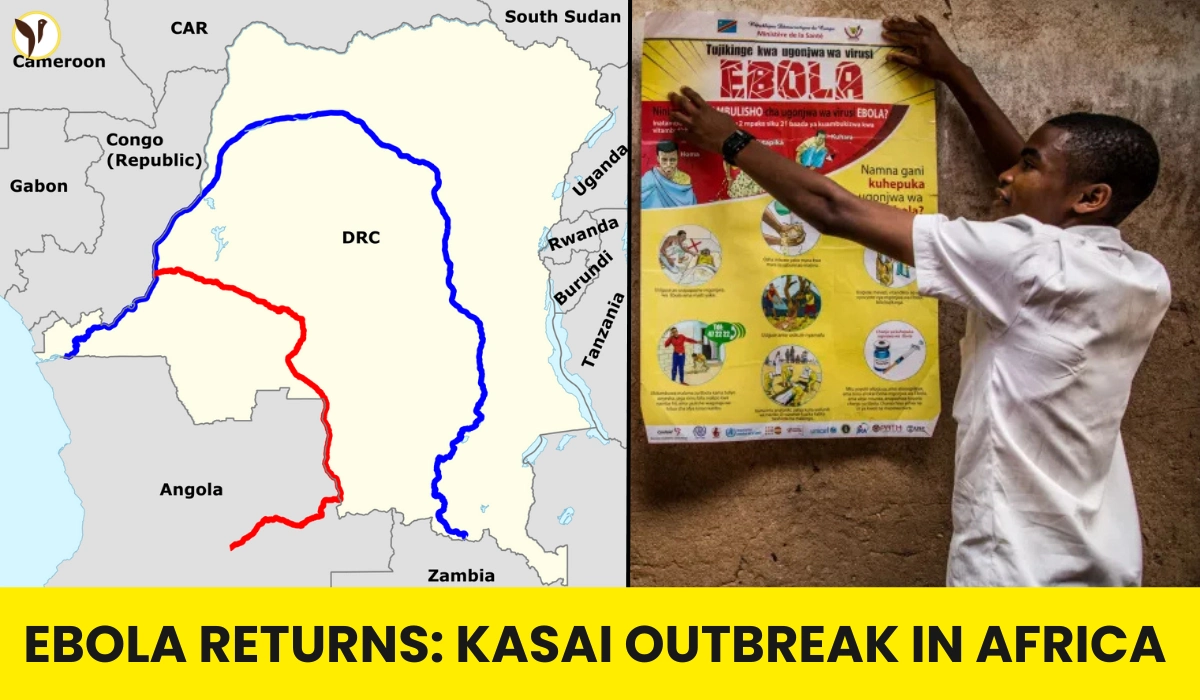A new outbreak of Ebola in the Democratic Republic of the Congo (DRC) is sparking an urgent public health response. With more and more cases emerging and dozens of deaths verified, health officials and international partners have rapidly deployed vaccines and therapies to the Kasai province affected by the incidence. The outbreak situation is being actively tracked while containment practices advance.
Vaccination Campaign Begins in Kasai
Health authorities began administering vaccinations within ten days of the notification of the outbreak. The first shipment of roughly 400 doses of the Ervebo vaccine has arrived in the Bulape health zone, where the outbreak is centered.
The vaccination strategy is designed around a ring vaccination methodology that protects frontline health workers as well as close contacts of individuals infected with Ebola, in addition to other high-risk groups. This strategy was successfully employed in prior Ebola outbreaks, resulting in reduced transmission rates.
The World Health Organization (WHO), has also authorized 45,000 additional vaccine doses, which should arrive in the near future. To augment treatment for infected patients, Ebanga, which is a monoclonal antibody with associated improvements in survival, are being provided to clinical treatment centers in the region.

Current Ebola Situation in Kasai
|
|
|
|
|
|
|
|
|
|
|
|
|
|
|
|
|
|
|
|
|
|
|
|
|
|
|
|
The data illustrate the speed at which the outbreak is spreading. Health professionals have also indicated that cases will arise until vaccines and consistent surveillance can be rolled out on a larger scale.
Health Workers on the Frontline
Local health teams are being provided support from international organizations and have been trained to begin access to the vaccination and treatment component of the outbreak response. Vaccines and medications are being supplied to surrounding areas, like Tshikapa—the provincial capital—so that the responses network can be bridged.
In addition to this help, the health official have also indicated that time is of essence. Historically, the Ebola virus is a virus which spreads rapidly and has high risk of mortality therefore it is important, to engage to contain an outbreak as fast as possible.
International Support and Monitoring
The WHO and the DRC's Ministry of Health are already collaborating closely to track new cases, observe spread and spatial trends and bolster treatment centers. There is also something of an international aid response expected to support ample supplies for treatments and medical expertise to affected areas as well.
Authorities are also keen to stress, while progress has been made, the local community's continued support is indispensable, and public awareness campaigns are helping to boost public intention to vaccinate, comply with health authority recommendations and report potential cases immediately.
Vaccination of frontline health workers and contacts of people infected with #Ebola has begun in the #DRC’s Kasai Province where an outbreak of the disease has been declared: https://t.co/KcKe6TqFTt pic.twitter.com/pxAtwp57Zj
— Tedros Adhanom Ghebreyesus (@DrTedros) September 14, 2025
Outlook for the Coming Weeks
The Kasai outbreak is a cautionary note regarding the historic and ongoing threat of Ebola transmission in Africa. Vaccines and therapeutics allow for stronger defenses than in previous epidemics, though current upticks case counts demonstrate the inherent unpredictability of the virus's long-term effect (ECDC, 2022).
The weeks ahead will almost define whether the outbreak, through swift international assistance, trained medical professional and community members support, can contain the cases before they are able to transect the province of Kasai.
Image(s) Source: northafricapost.com , commons.wikimedia.org , WHO









